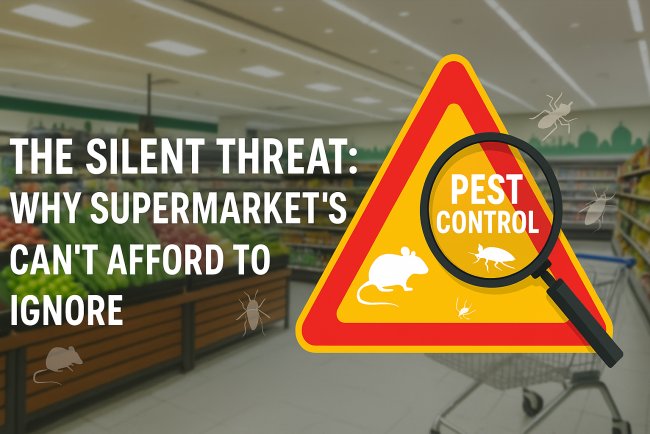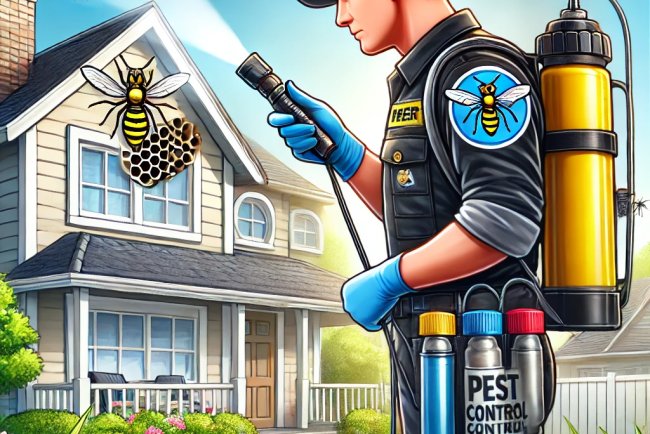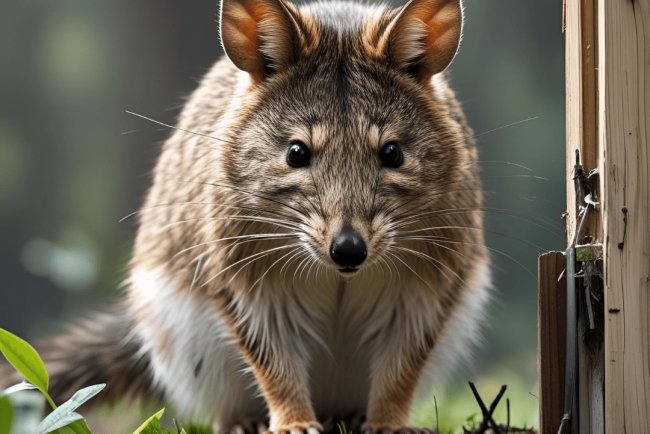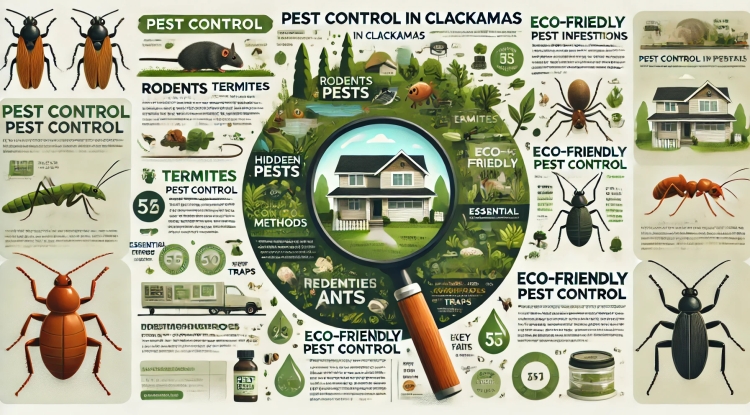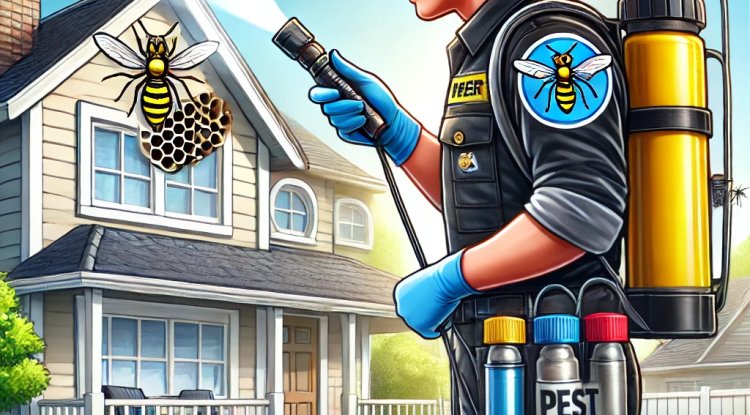Keeping Native Bees Buzzing: Rethinking Pest Control
Discover how Pest Control Service Limited is adopting eco-friendly pest management strategies to protect native bees and promote biodiversity.
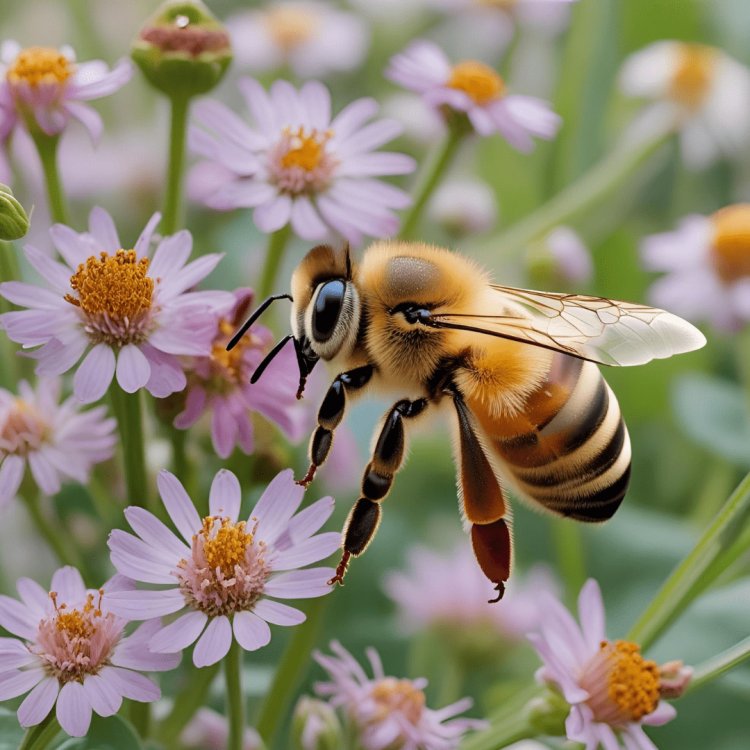
Hello, I’m the owner of Pest Control Service Limited. At our company, we believe in protecting the environment while keeping your spaces pest-free. Recent studies have shown that native bees, which are crucial for pollinating plants and crops, are declining due to pesticide use. As a responsible pest control provider, we are committed to adopting practices that protect these vital pollinators.
Why Are Native Bees Important?
Native bees play a vital role in our ecosystems. They pollinate plants, including many crops that feed us. Without them, our food supply and natural environments would suffer. However, their numbers are decreasing, and one major reason is the widespread use of pesticides.
How Pesticides Affect Bees
Research indicates that areas with high pesticide use have seen a significant drop in wild bee sightings. For example, some bee species have decreased by up to 56% in such areas. Pesticides can harm bees directly or indirectly, affecting their health and ability to pollinate effectively.
Our Commitment to Bee-Friendly Pest Control
At Pest Control Service Limited, we are adopting Integrated Pest Management (IPM) strategies. IPM focuses on using natural predators, modifying practices to reduce pest establishment, and using traps or barriers. Pesticides are used only as a last resort, ensuring minimal impact on bees and other beneficial insects.
Simple Steps You Can Take
You can also help protect native bees by:
-
Planting Bee-Friendly Flowers: Grow flowers that bees love, such as lavender and sunflowers.
-
Reducing Pesticide Use: Opt for natural pest control methods in your garden.
-
Providing Water Sources: Place shallow dishes of water in your yard for bees to drink.
Frequently Asked Questions
Q: What is Integrated Pest Management (IPM)?
A: IPM is an approach that uses a combination of methods to control pests, focusing on non-chemical solutions first.
Q: How can I identify bee-friendly plants?
A: Look for plants that produce nectar and pollen, such as wildflowers and native shrubs.
Q: Are there alternatives to chemical pesticides?
A: Yes, natural predators, traps, and barriers can effectively manage pests without harming bees.
What's Your Reaction?








